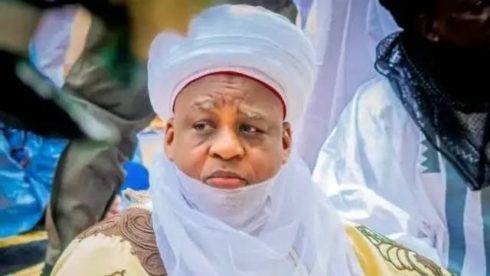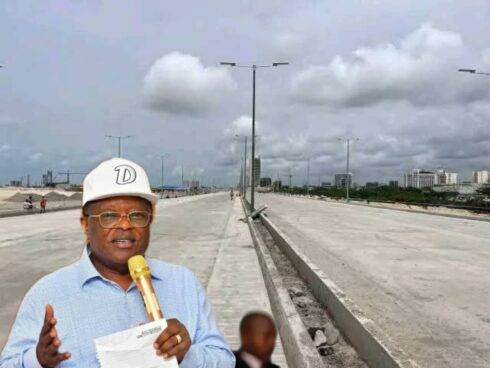The Sokoto State House of Assembly has recently advanced the Sokoto Emirate Council Amendment Bill through its first and second readings. If enacted, this bill will significantly curtail the authority of the Sultan of Sokoto, Alhaji Sa’ad Abubakar III. Among the key provisions of the bill are the removal of the Sultan’s power to appoint kingmakers and district heads without government approval. This legislative move represents a substantial shift in the balance of power within the Sokoto Emirate Council, potentially altering long-standing traditional structures.
The progression of this bill has ignited widespread discussion and concern among various stakeholders. It follows closely on the heels of concerns raised by the Muslim Rights Concern (MURIC) about a possible plan by Sokoto State Governor, Ahmed Aliyu, to depose the Sultan. MURIC’s Executive Director, Prof. Isiaq Akintola, highlighted the potential implications of such actions, stressing that the Sultan’s influence extends beyond Sokoto, serving as the spiritual leader for Nigerian Muslims. This legislative development, therefore, not only affects traditional power dynamics but also has significant religious and cultural repercussions.
Reactions from Religious and Political Figures
The proposed amendments and the surrounding controversy have elicited strong reactions from both religious and political leaders. On Monday, Vice President Kashim Shettima and the Peoples Democratic Party (PDP) both issued statements cautioning against any efforts to remove Sultan Abubakar III. Their warnings underscore the broader political and social implications of tampering with the Sultan’s traditional and religious role. Such a move, they argue, could destabilize the region and provoke widespread unrest among the Muslim community.
MURIC’s Prof. Akintola echoed these sentiments, emphasizing the Sultan’s dual role as a traditional and religious figurehead. He pointed out that the Sultan’s influence is pivotal not just within Sokoto but across Nigeria, given his position as the spiritual leader of the nation’s Muslim population. The concern is that diminishing the Sultan’s powers could undermine this leadership and sow discord among Muslims nationwide.
Government’s Denial and Clarifications
Despite the mounting concerns and allegations, the Sokoto State government has firmly denied any plans to dethrone the Sultan. Sambo Danladi, the state Commissioner for Information, described the accusations as baseless and false. He clarified that the existing laws governing the appointment of traditional rulers in Sokoto have not been altered. According to Danladi, the government’s actions are being misconstrued, and there is no intention to undermine the Sultan’s authority.
However, the controversy continues to brew, fueled by the recent removal of 15 traditional rulers by Governor Aliyu for various alleged offenses. This precedent has heightened fears that similar actions could be taken against the Sultan. The state government’s assurances have done little to quell these fears, as stakeholders remain vigilant and wary of any changes that might affect the longstanding traditional structures and the Sultan’s significant role within them.
Sultan of Sokoto and the Fight Against Banditry
Amid the political turmoil, the Sultan of Sokoto, Muhammadu Saad Abubakar III, has continued to address pressing issues facing the region, notably the ongoing battle against banditry. The Sultan recently stated that it would take decades to eradicate banditry in the northwest, emphasizing the need for a unified and sustained effort. His call for collective action underscores the critical role traditional rulers play in addressing security challenges in their communities.
The Sultan’s commitment to combating banditry reflects the broader responsibilities of traditional leaders in Nigeria. Despite the controversies surrounding his position, the Sultan remains a key figure in efforts to stabilize the region and promote peace. His involvement in these initiatives illustrates the enduring relevance of traditional institutions, even as their formal powers come under legislative scrutiny.
Table of Contents
Discover more from OGM News NG
Subscribe to get the latest posts sent to your email.














